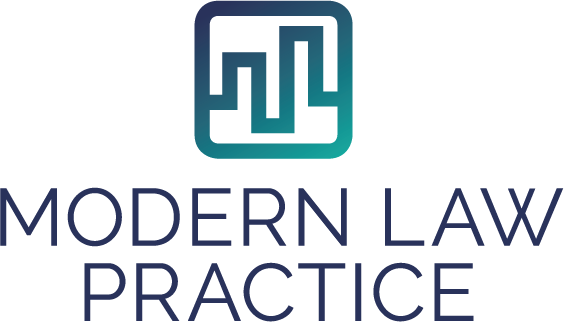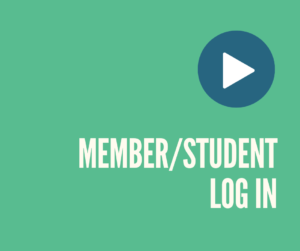We all know that law is a “service” business. We are not in retail, manufacturing, or agriculture, we are in the business of professional services.
Let’s break this down: We are in the business of serving legal consumers. This is how we earn our living. Perhaps if you are an associate at a firm where you are handed work and expected to perform that work, you are in the business of practicing law. But if you are working for yourself, you are not in the business of practicing law, you are in the business of serving legal consumers.
If this is the starting point, then the first thing to really ponder are the perspectives, needs, wants, and desires of the legal consumer. By focusing on your customers, you can determine who you want to be your customer and which customers you do not want to work with.
Truly climbing into the brain of your consumers is an exercise that will yield great fruit and can influence all your decisions about how you operate, what and how you communicate, the delivery models and methods of your services etc. As an example, we are a technologically savvy firm. We communicate via email and text because that’s what most clients want. It’s efficient, fast, costs less, and gives us a great record of communications.
When we have a client who doesn’t use email, we give them two options: we would be happy to set email up for them, or they can find another lawyer. We know ourselves and our ideal clients/consumers. We are not set up to mail out correspondence or minute entries. When opposing counsel insists we mail paper, my staff grumbles. It’s inefficient and wasteful, and it costs clients money for something that doesn’t benefit our case. Our customers want and deserve efficiency at every single step. Because we know that, we know that clients who want us to mail items are not the best fit.
Taking the example further, because we know our clients/customers, the decision to incorporate texting was a no-brainer for us. We make sure that they can reach us by text on the first communication – if they want to. If they have to take the time to call, that’s more opportunity for the client to not take action because texting can happen almost anytime – in a coffee shop, a waiting room, a movie theatre – when a phone call needs privacy and more time.
Likewise, we can happily kill the fax machine, understanding that our clients do not fax.
Most of all, they want access to lawyers and staff when they need information, not when we are available to get back to them. Obviously, this presents some challenges/opportunities, because we cannot be at each client’s beck and call each day, but what if you added a Facebook page that allowed your clients to message you, setting up an instant response that lets them know you’ll get back to them shortly.
That’s a simple automated system to use that let’s your clients know you’re listening, even when you’re too busy at that moment to get back to them.
You’ll learn more about simple systems to automate your law office when you work with Modern Law Practice.


